News
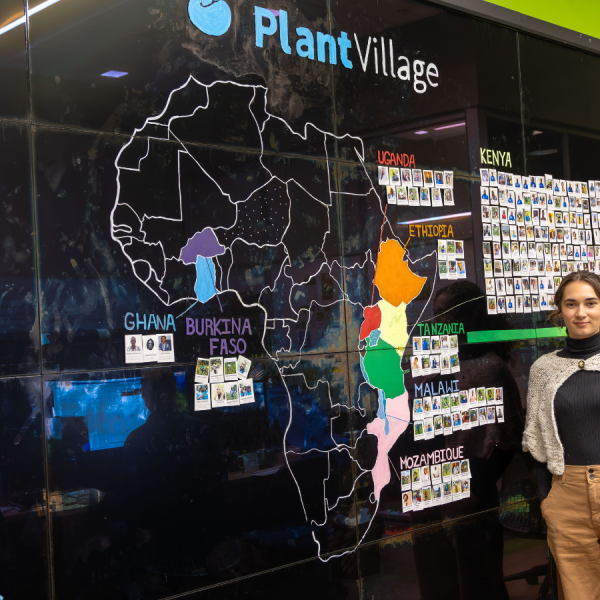
Jan 14, 2025
PlantVillage empowers farmers around the world to combat climate change
UN-supported Penn State research-based non-profit expands into for-profit sector with help from Invent Penn State NSF I-Corps programming
Full Article

Jan 13, 2025
Virtual speaker to discuss impact and potential of PlantVillage on Jan. 21
The next Virtual Speaker Series from the Penn State Alumni Association will highlight PlantVillage, an AI-enabled "land grant in a phone" that uses data sharing to help farmers adapt to climate change and manage emerging pests and diseases.
Full Article
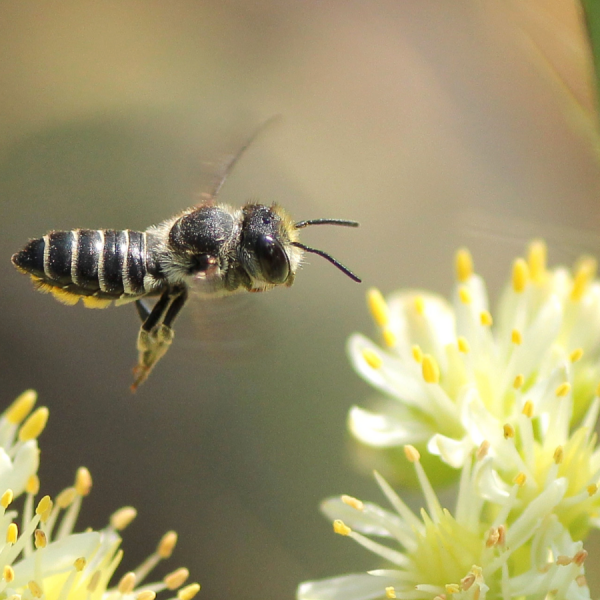
Jan 07, 2025
Quantity over quality? Different bees are attracted to different floral traits
When it comes to deciding where they’re going to get their next meal, different species of bees may be attracted to different flower traits, according to a study led by researchers at Penn State and published in PNAS Nexus.
Full Article
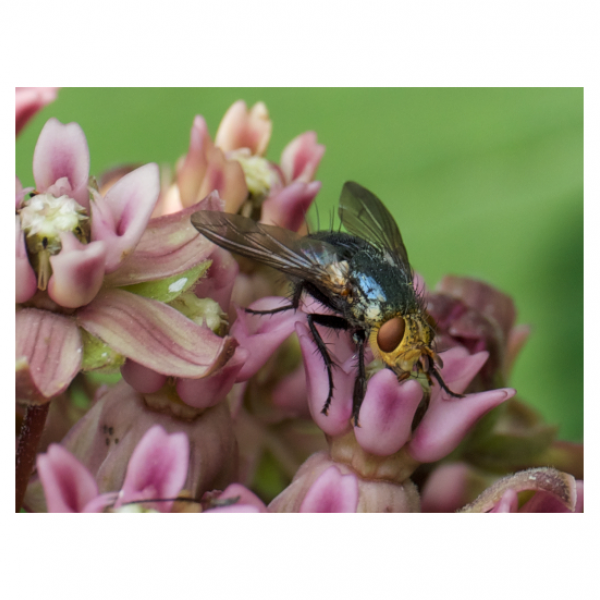
Jan 02, 2025
Pollinators most vulnerable to rising global temperatures are flies, study shows
New research led by Penn State scientists suggests flies are increasingly at risk due to rising global temperatures.
Full Article

Nov 26, 2024
Tick tubes help reduce the parasites on mice, but time and frequency matters
A new study led by researchers at Penn State analyzed the effectiveness of a simple, inexpensive strategy for controlling ticks that homeowners can use in their backyards.
Full Article
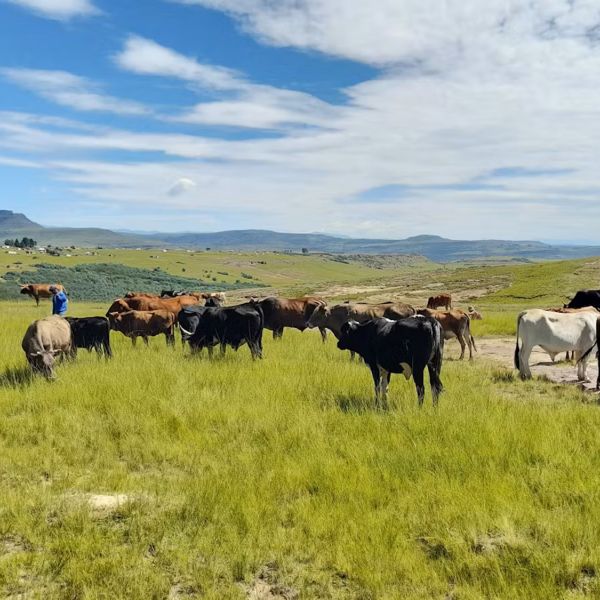
Nov 01, 2024
$1.3M NSF grant to fund research into restoration of degraded ecosystems
An international team of researchers led by Ida Djenontin, assistant professor of geography at Penn State, was recently awarded a $1.3 million grant from the U.S. National Science Foundation’s Dynamics of Integrated Socio-Environmental Systems program to investigate the socioecological outcomes of restoration in degraded woodlands ecosystems.
Full Article
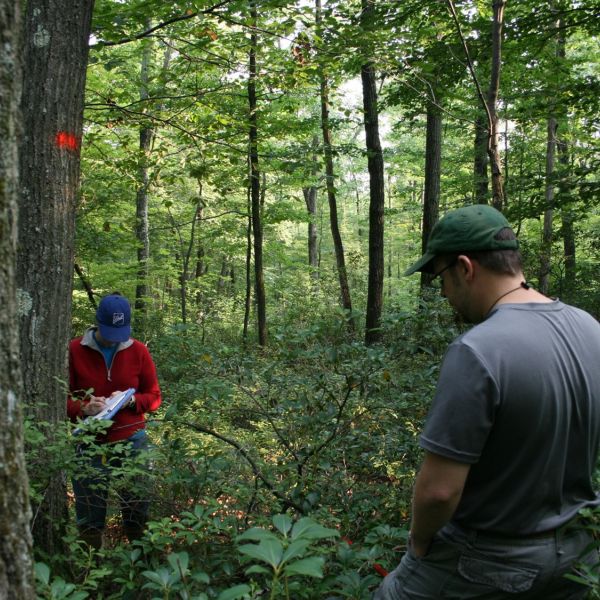
Oct 23, 2024
Deer, seedlings and soil pH influence local forest regeneration
New findings from long-term research underscore the challenges managers face when trying to conserve Penn’s Woods.
Full Article

Oct 14, 2024
Penn State researchers earn funding for sustainable weed and insect management
Three Penn State research teams have received awards totaling $1.78 million from the U.S. Department of Agriculture's National Institute of Food and Agriculture to investigate climate-smart approaches to pest control in agriculture.
Full Article

Sep 26, 2024
Plant scientist named Huck Early Career Chair in Microbial Community Ecology
Francisco Dini-Andreote, assistant professor of plant science in the College of Agricultural Sciences at Penn State, has been awarded the Dorothy Foehr Huck and J. Lloyd Huck Early Career Chair in Microbial Community Ecology.
Full Article
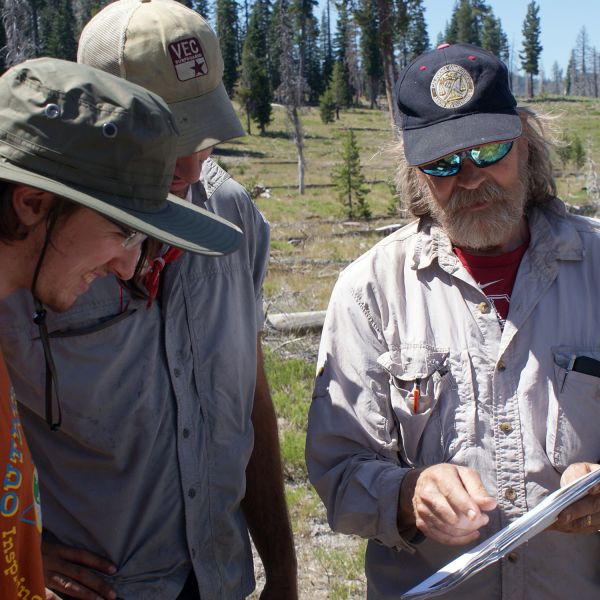
Sep 13, 2024
Taylor’s research legacy shines light on California wildfires, forest ecology
Alan Taylor, a recently retired and now professor emeritus of geography, spent decades researching West Coast landscape and fire ecology. He used ecological signals and human history to paint a picture of how forests changed over time.
Full Article